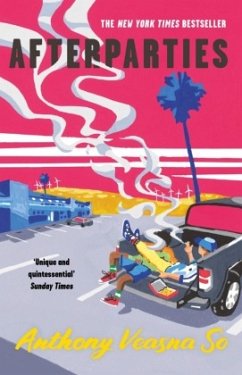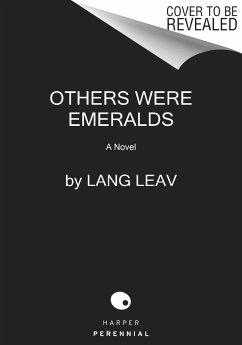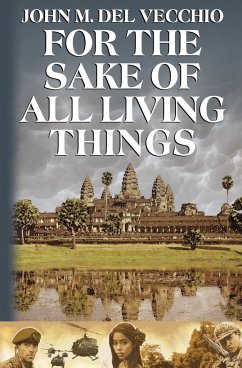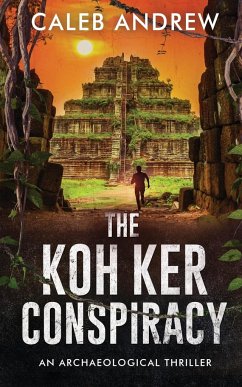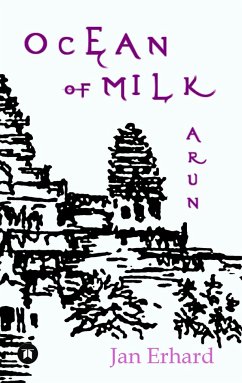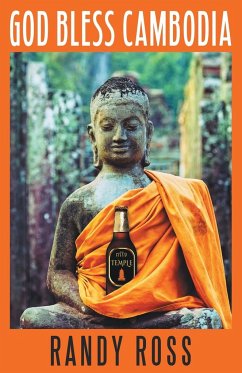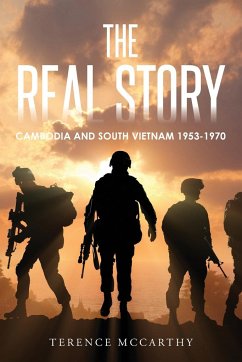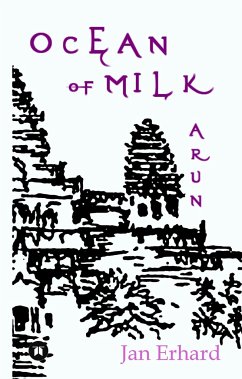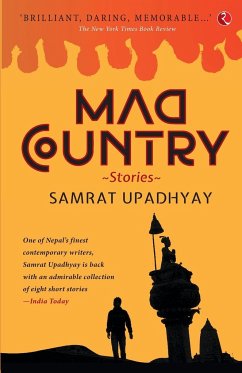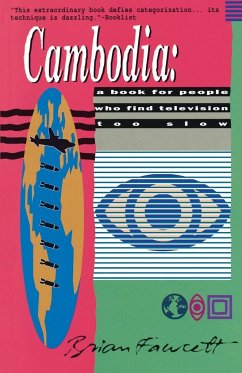
Cambodia
A Book for People Who Find Television Too Slow

PAYBACK Punkte
8 °P sammeln!
"Cambodia: A Book For People Who Find Television Too Slow" is a ferociously brilliant book that challenges its readers to see the world with new eyes, in a new light. Through an arresting division of its pages-- thriteen wildly imaginative short stories at the top, and a passionate essay on colonialism and Southeast Asia at the bottom, running like a Mekong River footnote throughout the book-- Brian Fawcett startles, amuses, and infuriates his hooked readers with juxtaposed images and penetrating insights into the media jungle that defines our age. Like subtitles read in a foreign film, the pa...
"Cambodia: A Book For People Who Find Television Too Slow" is a ferociously brilliant book that challenges its readers to see the world with new eyes, in a new light. Through an arresting division of its pages-- thriteen wildly imaginative short stories at the top, and a passionate essay on colonialism and Southeast Asia at the bottom, running like a Mekong River footnote throughout the book-- Brian Fawcett startles, amuses, and infuriates his hooked readers with juxtaposed images and penetrating insights into the media jungle that defines our age. Like subtitles read in a foreign film, the pace of "Cambodia" accelerates, and the reader's eye quickens as the work unfolds. Soon, "Cambodia" is moving more swiftly than the images on the evening news, showing us that the book's title is not an enigma, but a realistic description of its remarkably interactive contents. Brian Fawcett's passion stirs us to resist the annihilation of memory and imagination in our society, lest we lose "our right to remember our pasts and envision new futures" in a violent world where "Cambodia is as near as your television set."




